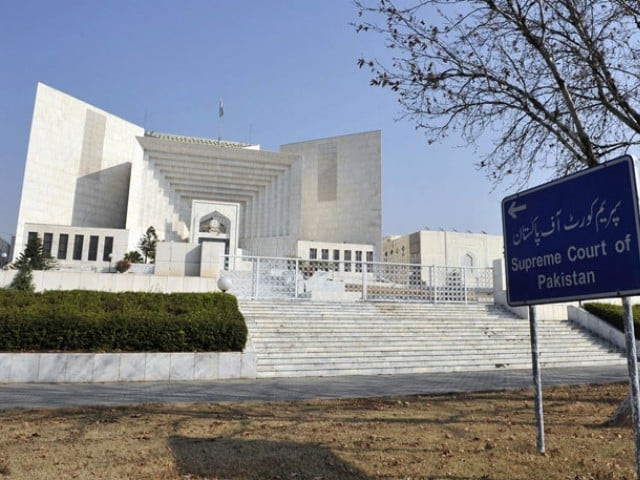Power woes: KE under-utilising its plants, govt tells SC
The hearing on Monday was related to a case originally brought forth by K-Electric

The hearing on Monday was related to a case originally brought forth by K-Electric. PHOTO: AFP
As chronic power outages in sweltering summer trigger nationwide protests, the government appears to be resorting to increasingly desperate measures. On Monday, the government claimed before the Supreme Court that K-Electric, the country’s only privately owned power utility, is under-utilising its own power plants.
The government also resorted to claiming that the subsidies it grants to consumers throughout the country – including Karachi – were somehow a benefit granted to K-Electric. This piece of creative accounting allowed the government to claim before the top court that it has thus far granted Rs269billion in benefits to K-Electric, which the government claims has not done enough to improve the electricity supply in the country’s largest city.
The hearing on Monday was related to a case originally brought forth by K-Electric. The federal government was appealing a decision by the Sindh High Court on April 14, 2014 that the Centre is obliged to pay the electricity bills of the Karachi Water and Sewerage Board (KWSB). K-Electric says that KWSB owes Rs28.7billion in electricity bills that it has not paid, an amount that goes up by Rs600million or more every month.
K-Electric claims that according to its agreements with the federal government, Islamabad is obliged to pay the bills of any government entities that have not paid their outstanding dues. The federal government denies it has that responsibility and is appealing the SHC decision in the Supreme Court.
On February 19, the Supreme Court had summoned the finance secretary and the water and power secretary in addition to the attorney general of Pakistan (AGP) to explain why the government has not met its contractual obligation to pay KWSB’s bills. In response to that summons, the federal government briefly claimed that it did not owe that money to K-Electric and then went on a long diatribe about K-Electric’s management of the electricity grid in Karachi, including aspects that have nothing to do with the case in question.
AGP Salman Aslam Butt submitted the concise statement, which claimed that K-Electric is not utilising its own power plants effectively, which results in a strain on the rest of the grid, maintained by the state-owned National Transmission and Dispatch Company (NTDC), and causes power outages in the rest of the country.
The government also claims that it had granted Rs269 billion in ‘benefit’s to K-Electric. The government claims that electricity demand in Karachi is typically 2,000 to 2,500MW, despite the fact that the most recent peak demand in Karachi was actually 3,100MW. The government claims K-Electric can serve the city with its 2,710MW installed power generation capacity, without the need to buy 650MW from NTDC, which it had an agreement to buy. The agreement expired in January.
Yet despite rambling on unrelated matters, the government claimed that K-Electric was defining the scope of the case too narrowly.
“K-Electric has presented the issue before the court in an extremely selective and narrow manner. K- Electric is part of a multifaceted payment chain and has payment obligations toward many government entities. It would not only be misleading but also be opposed to justice if only any single isolated strand of this fairly complex and interconnected matrix of legal and financial obligations was considered separately without appreciating the whole framework,” said the government’s statement.
The government claimed that K-Electric also has outstanding dues of Rs130 billion owed to state-owned entities, including Sui Southern Gas Company, NTDC and Pakistan State Oil etc.
Published in The Express Tribune, June 30th, 2015.



















COMMENTS
Comments are moderated and generally will be posted if they are on-topic and not abusive.
For more information, please see our Comments FAQ